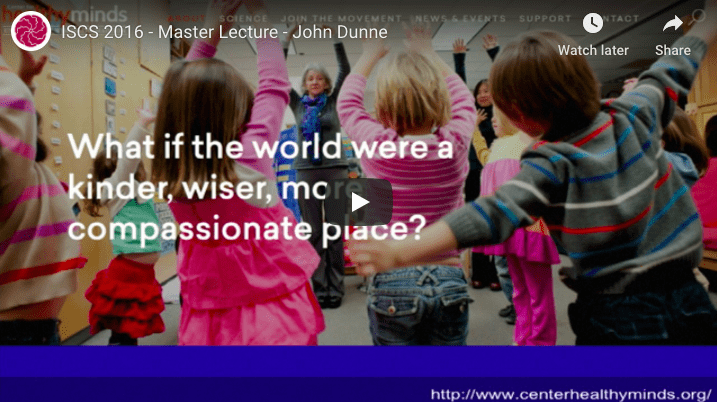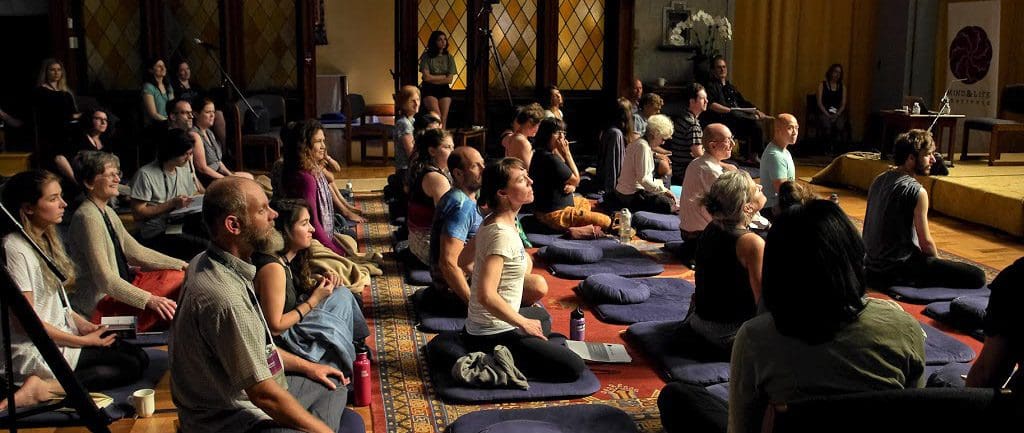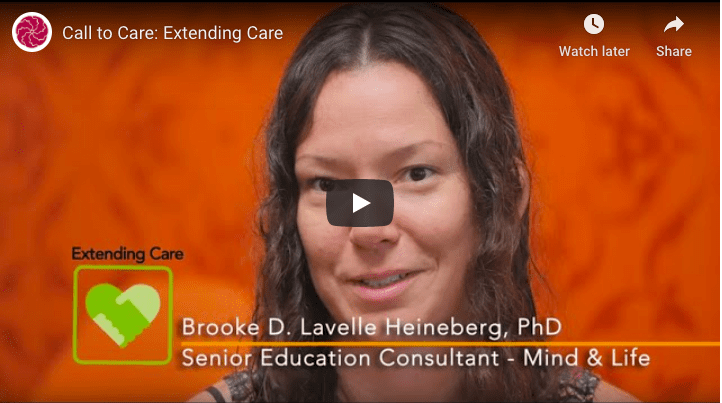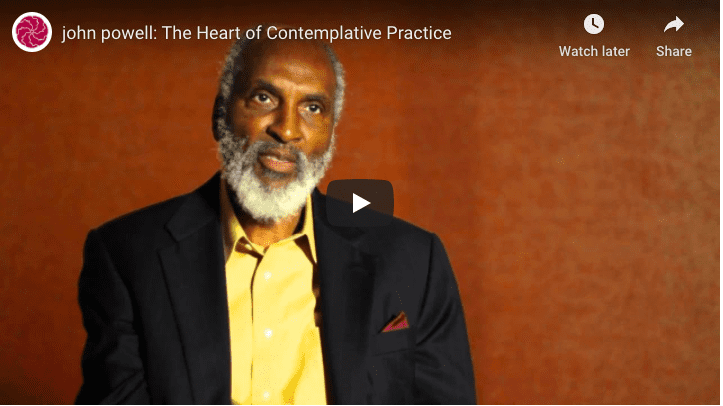The Transdisciplinary Study of Contemplative Practices: Challenges and Opportunities
Topic Archives:
Community and Conversations on Context in Contemplative Studies
The Mind & Life Summer Research Institute at Garrison The Mind & Life Institute continues the tradition of hosting its signature program, the annual Mind & Life Summer Research Institute (MLSRI) at the Garrison Institute every year in mid-June. Over the course of a week, a community coalesces. In a rich and intimate retreat-like setting, …
Continue reading “Community and Conversations on Context in Contemplative Studies”
President’s Message: New Vision and Priorities
During my first few months as president of the Mind & Life Institute, I have spoken with many members of our community. I am inspired to see how you care about Mind & Life and want to be involved in our ongoing efforts to foster individual and societal flourishing through thoughtful interdisciplinary conversations, research, and …
Continue reading “President’s Message: New Vision and Priorities”
Mindfulness and Racial Bias: Resources For Deeper Understanding
In early December 2015, Mind & Life was honored to host a live chat with MLI Fellow and Law Professor Rhonda Magee that explored the following theme: Many who examine the growth of the field of contemplative practice see it as coming only from straight, middle-class whites and corporate America. How might we work to …
Continue reading “Mindfulness and Racial Bias: Resources For Deeper Understanding”
Call to Care: Extending Care
john powell: The Heart of Contemplative Practice
The Contemplative Development Mapping Project: A new model for interdisciplinary investigation
This past winter, it was my honor and pleasure to participate in a Mind & Life Research Workshop convened by the Contemplative Development Mapping Project (CDMP). The CDMP is a group of scholars, scientists, and practitioners who are personally and professionally committed to enriching our understanding of contemplative practices and experiences. This interdisciplinary “think tank” …
The Role of Social Relationships and Context in Meditative Practice
We know that high quality social relationships help us live longer, happier, and healthier lives whether we meditate or not. Moreover, research confirms that humans are highly sensitive to context—social, architectural, aural, and so on, regardless of geography or culture. Social baseline theory suggests that even meditation practices should be facilitated by proximity to safe …
Continue reading “The Role of Social Relationships and Context in Meditative Practice”
Social Baseline Theory: Health, Well-Being, and the Social Regulation of Effort
High-quality social relationships help us live longer, happier, and healthier lives—facts that hold true, as far as anyone knows, regardless of geography or culture. Although links between relationships and health have been observed for decades (if not millennia), the mechanisms responsible for them remain speculative. For this talk, I’ll first describe our work on one …
Continue reading “Social Baseline Theory: Health, Well-Being, and the Social Regulation of Effort”
Attachment Theory’s Approach to Fear, Insecurity, and Internal Working Models of Self and Others
Attachment theory, first proposed by John Bowlby, tested in infant-parent relationships by Mary Ainsworth, and now studied in adults by personality/social psychologists, focuses on the ways in which fear motivates people to rely for security on “attachment figures,” beginning in infancy and continuing throughout life. A person’s experiences with sensitive and responsive, or insensitive and …






